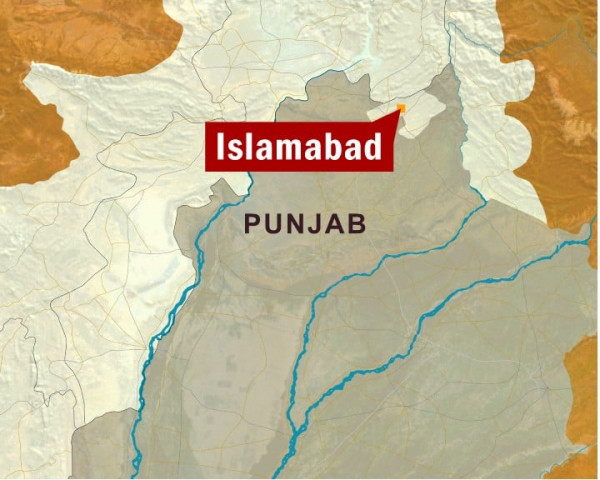‘Enact laws to protect widows’ rights’
Socio-economic factors militate to aggravate their plight.

South Asian experts on Wednesday expressed their concern over the absence of laws protecting the fundamental rights of widows, who suffer from discriminatory policies.
They stressed upon the need to empower widows by acknowledging their fundamental rights. They were speaking at the inaugural session of the two-day “South Asian Consultative Workshop on Mainstreaming Widows’ Rights in Public Policy”.
Speakers were of the view that widows in South Asian countries suffer humiliation and pain in the name of culture and traditions and are often blamed for their husbands’ death. Most widows are unaware of their legal status or their rights including entitlement to compensation or inheritance.
Goodwill Ambassador for Women’s Empowerment Fiza Batool Gilani said widows as well as divorcees are stigmatised and need attention in public policy discourse since these women are discriminated against legally and face socio-economic restrictions. “In the absence of a man, she becomes a non-entity and become vulnerable to exploitation and discrimination.”
Gilani said social structures in Pakistan do not encourage women to step in the public sphere, including employment, which limits their options. “Lack of education and professional training further contribute to their plight, making them easy prey for human trafficking.” Frequent policy interventions need not only to be framed but also implemented, she stressed.
Norwegian envoy Cecilie Landsverk challenged the notion that widows just need enough for sustenance, effectively discounting their rights and limiting their options.
The workshop is being organised by Aurat Foundation in collaboration with the South Asian Network for Widows’ Empowerment in Development (SANWED) at a local hotel.
Published in The Express Tribune, May 24th, 2012.



















COMMENTS
Comments are moderated and generally will be posted if they are on-topic and not abusive.
For more information, please see our Comments FAQ